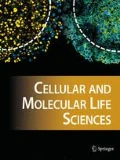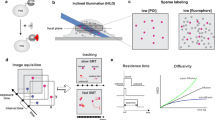Abstract.
One of the key questions in the current molecular genetics of eukaryotes is how genetic information is retrieved from tightly packed chromatin. Acetylation of core histone N-termini is implicated in the regulation of chromatin function, and I summarize what is known about the mammalian enzymes that promote this posttranslational histone modification. Chromatin is important in gene expression not only because of the accessibility problem that it poses for the transcriptional machinery but also with regard to the phenomenon of chromatin memory, i.e. the ability of alternative chromatin states to be maintained through many cell divisions. This phenomenon is believed to be central to epigenetic inheritance [1], an important concept in developmental biology, which is also emerging as a contributing factor in cancer and other health disorders. Analyses of the composition of large multiprotein acetyltransferase complexes suggest their role in the mechanisms of epigenetic inheritance. The review will discuss some models pertinent to this function of histone acetyltransferases.
Similar content being viewed by others
Author information
Authors and Affiliations
Additional information
Rights and permissions
About this article
Cite this article
Ogryzko, V. Mammalian histone acetyltransferases and their complexes. CMLS, Cell. Mol. Life Sci. 58, 683–692 (2001). https://doi.org/10.1007/PL00000892
Issue Date:
DOI: https://doi.org/10.1007/PL00000892




